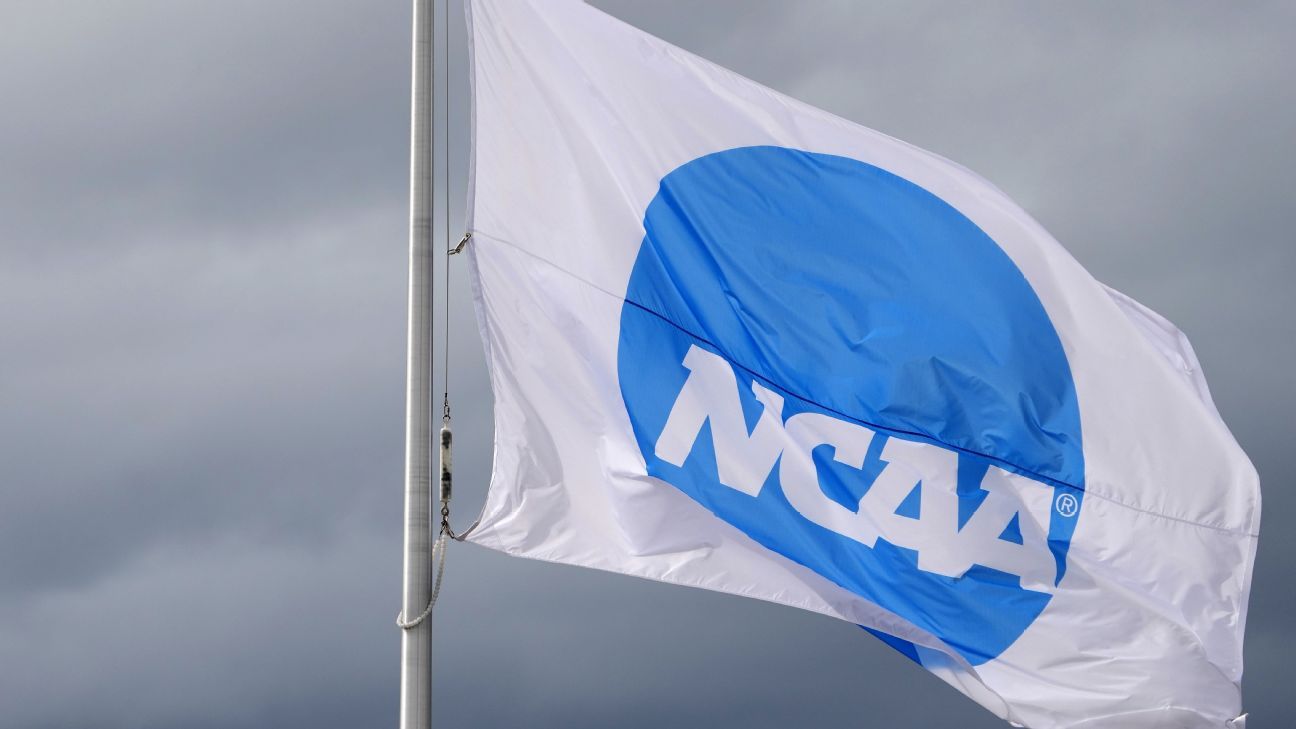CloakNNNdagger
Hall of Fame
NCAA president Charlie Baker welcomes efforts by the federal government to clean up its mess
Published May 13, 2025 08:38 PM
Here’s a shock: The man who runs college sports welcomes governmental efforts to clean up the mess his organization has made.
Via Andrea Adelson of ESPN.com, NCAA president Charlie Baker reacted positively to the looming launch of a presidential college sports commission.
“I think the fact that there’s an interest on the executive side on this, I think it speaks to the fact that everybody is paying a lot of attention right now to what’s going on in college sports,” Baker said. “I’m up for anything that can help us get somewhere.”
Well, he’s not up for everything. The best fix for all involved would be to create a nationwide union that would transform the various colleges and universities into a multi-employer bargaining unit, securing an exemption from the antitrust laws that the NCAA and its members violated for years.
The schools want to have it both ways. They’d like to limit player income and mobility without having to deal with the realities of a union. Which could, for example, negotiate for a reduction in padded practices and, essentially, a year-round commitment to the program.
Instead, Baker and his constituents will hope for President Trump, his commission (led by NIL foe Nick Saban), and Congress to give them a pass, creating artificial limits on what players can make and when they can move from school to school.
It seems inevitable, even though it will be unfair to players who definitely won’t be adequately represented in the Saban cabal. And if a new system doesn’t restrict the ability of coaches to pull up stakes and chase the bag whenever they want, it will be the height of hypocrisy.
Of course, the NCAA has never been bothered by hypocrisy.
Published May 13, 2025 08:38 PM
Here’s a shock: The man who runs college sports welcomes governmental efforts to clean up the mess his organization has made.
Via Andrea Adelson of ESPN.com, NCAA president Charlie Baker reacted positively to the looming launch of a presidential college sports commission.
“I think the fact that there’s an interest on the executive side on this, I think it speaks to the fact that everybody is paying a lot of attention right now to what’s going on in college sports,” Baker said. “I’m up for anything that can help us get somewhere.”
Well, he’s not up for everything. The best fix for all involved would be to create a nationwide union that would transform the various colleges and universities into a multi-employer bargaining unit, securing an exemption from the antitrust laws that the NCAA and its members violated for years.
The schools want to have it both ways. They’d like to limit player income and mobility without having to deal with the realities of a union. Which could, for example, negotiate for a reduction in padded practices and, essentially, a year-round commitment to the program.
Instead, Baker and his constituents will hope for President Trump, his commission (led by NIL foe Nick Saban), and Congress to give them a pass, creating artificial limits on what players can make and when they can move from school to school.
It seems inevitable, even though it will be unfair to players who definitely won’t be adequately represented in the Saban cabal. And if a new system doesn’t restrict the ability of coaches to pull up stakes and chase the bag whenever they want, it will be the height of hypocrisy.
Of course, the NCAA has never been bothered by hypocrisy.



